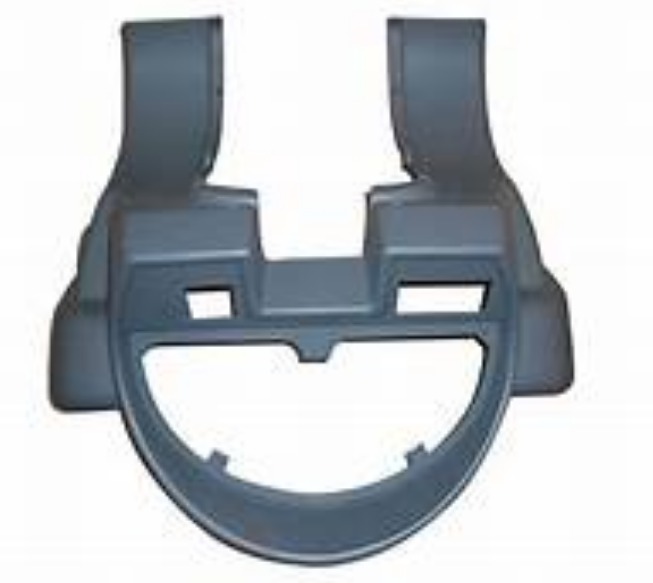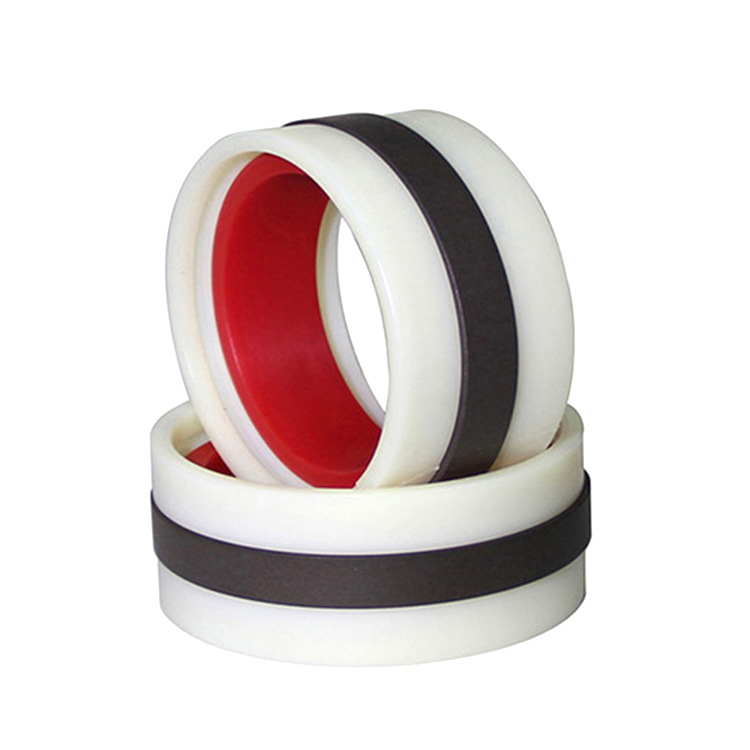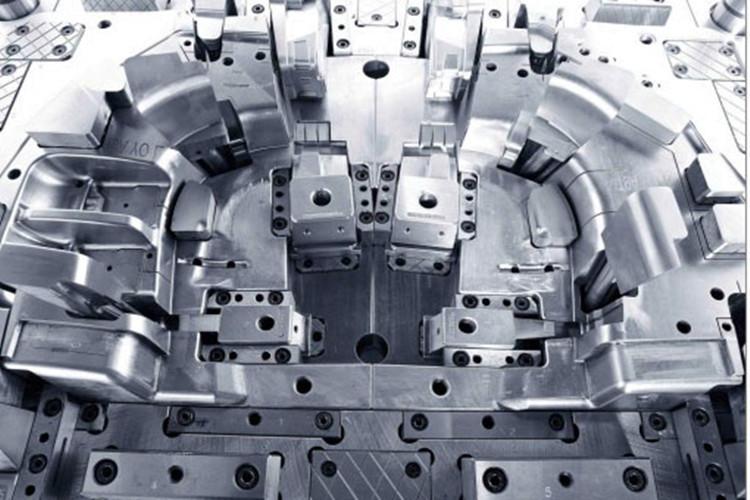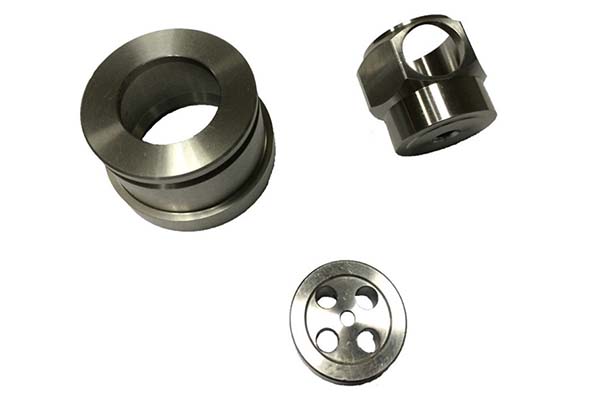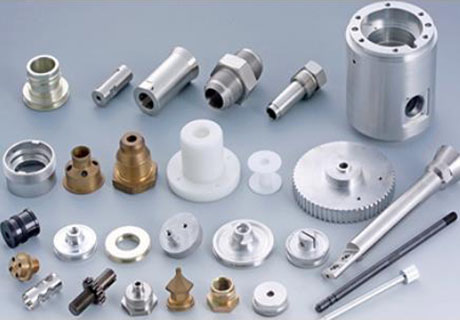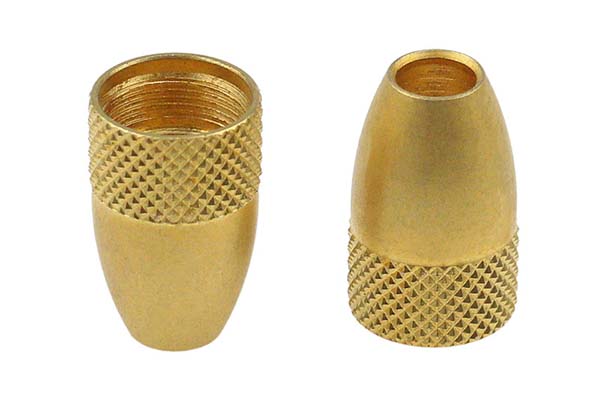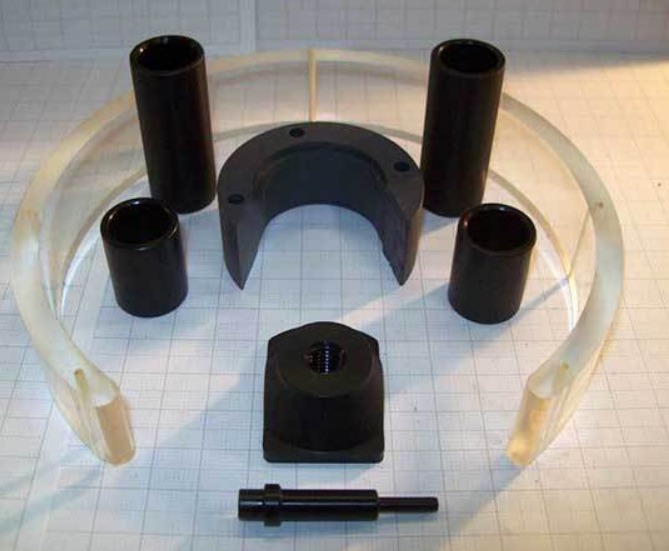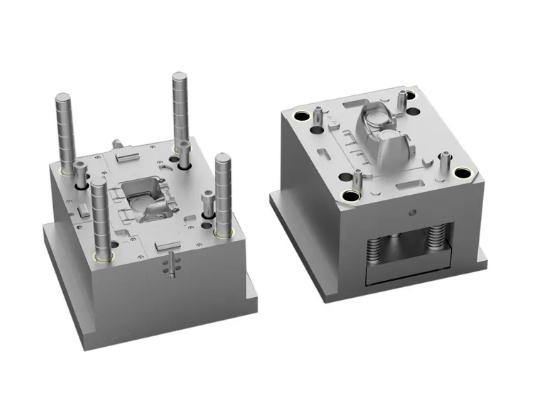CNC machining aluminum is one of the most common and critical processes in modern manufacturing, spanning from aerospace components to consumer electronics. Its popularity stems from a unique combination of machinability, strength, and lightness. However, achieving optimal results—excellent surface finishes, tight tolerances, and efficient production—requires more than just loading a block into a mill. This guide is designed for engineers, machinists, and procurement specialists who need to master the nuances of cnc machining aluminum. We will explore the science behind alloy selection, the art of choosing tools and parameters, and the economics that make aluminum a top choice, providing you with the actionable knowledge to improve quality, reduce cost, and accelerate your projects.
What Makes Aluminum Ideal for CNC Machining?
Aluminum's dominance in CNC shops is no accident; it results from a near-perfect balance of physical and economic properties that align with machining needs.
- Excellent Machinability: Aluminum is relatively soft and generates lower cutting forces compared to steel or titanium. This allows for higher spindle speeds and feed rates, translating directly into faster cycle times and higher throughput.
- Superior Strength-to-Weight Ratio: Alloys like 6061 and 7075 offer substantial strength while remaining lightweight, a critical factor in aerospace, automotive, and robotics applications where every gram counts.
- Good Thermal Conductivity: Aluminum dissipates heat quickly from the cutting zone. This is a double-edged sword: it helps protect the workpiece from heat distortion but can transfer heat to the cutting tool if not managed properly with coolant.
- Cost-Effectiveness: Raw material costs for aluminum are generally lower than for many other metals, and its fast machining speeds further reduce labor and machine-time costs per part.
Which Aluminum Alloys Are Most Common?
Not all aluminum is the same. The choice of alloy is the first and most critical decision.
- 6061 (AlMgSi): The "workhorse" alloy. It offers a great balance of machinability, weldability, corrosion resistance, and moderate strength. It is widely used for prototypes, brackets, chassis, and automotive parts. It is often supplied in a T6 temper (solution heat-treated and artificially aged) for optimal strength.
- 7075 (AlZnMgCu): The "high-strength" alloy. With strength comparable to many steels, it's the go-to choice for highly stressed aerospace components and high-performance automotive and sporting goods. It is less corrosion-resistant than 6061 and can be more challenging to machine due to its hardness.
- 2024 (AlCuMg): Known for its high toughness and fatigue resistance, it is commonly used in aerospace structures like wing skins. Its machinability is good, but it has poor corrosion resistance and often requires alclad coating.
- 5052 (AlMg): A non-heat-treatable alloy prized for its exceptional corrosion resistance, especially in marine environments. It has good formability and weldability but lower strength than the 6xxx and 7xxx series.
Table: Common CNC Machining Aluminum Alloys
| Alloy | Key Characteristics | Best For | Machinability (1-10, 10=Best) |
|---|---|---|---|
| 6061-T6 | Good strength, weldability, corrosion resistance. | Prototypes, frames, automotive parts, consumer products. | 9 |
| 7075-T6 | Very high strength, good fatigue resistance. | Aerospace fittings, high-stress structural parts. | 7 |
| 2024-T3 | High toughness, excellent fatigue resistance. | Aerospace structural components. | 8 |
| 5052-H32 | Excellent corrosion resistance, good formability. | Marine hardware, electronic enclosures, chemical tanks. | 6 |
| 6082-T6 | Similar to 6061, slightly higher strength (EU common). | General engineering, structural applications. | 9 |
How to Select the Right Cutting Tools?
Tool selection directly impacts surface finish, precision, and cost.
- Tool Material: Solid carbide end mills are the standard. They maintain hardness at the high temperatures generated during high-speed machining of aluminum. For specialized, high-volume operations, polycrystalline diamond (PCD) tools offer unparalleled life but at a significantly higher upfront cost.
- Geometry is Critical:
- High Helix Angle (40°+): Promotes efficient chip evacuation, which is paramount in aluminum to prevent re-cutting chips and built-up edge (BUE).
- Polished or Bright Finish Flutes: Reduce the tendency of aluminum to adhere (galling) to the tool.
- Sharp Cutting Edges and Large Flute Valleys: Facilitate clean shearing and ample space for chip flow.
- Coatings: Uncoated or ZrN (Zirconium Nitride) coated tools are often best. Many traditional tool coatings (like TiAlN) can chemically react with aluminum. ZrN provides a hard, smooth, non-stick surface.
What Speeds and Feeds Optimize Tool Life?
Running aluminum too slowly can be as detrimental as running it too fast.
- High Surface Speed (SFM): Aluminum can handle high spindle RPM. For a 0.5" carbide end mill in 6061, a surface speed of 800-1200 SFM is typical. This means spindle speeds often exceed 10,000 RPM on modern machines.
- Aggressive Chip Load: To avoid rubbing and work-hardening the material, use a sufficient feed per tooth. For a 3-flute, 0.5" end mill, a chip load of 0.004-0.008 inches per tooth (IPT) is a good starting point.
- Depth of Cut: Aluminum allows for radial engagement (stepover) of 30-50% of the tool diameter and axial engagement (depth of cut) of 1-2x the diameter in roughing, enabling high material removal rates (MRR).
- The Balancing Act: The goal is to form a clean, curled chip that carries heat away. Long, stringy chips or fine dust indicate poor parameters. A successful aerospace machine shop increased tool life for a 7075 part by 300% by increasing feed rate by 20%, which produced a better-formed chip and reduced heat buildup.
Coolant vs. MQL: Which Strategy Works Best?
Thermal management and chip evacuation are the goals.
- Flood Coolant: The traditional method. It effectively cools the tool and workpiece, lubricates, and flushes chips. It is versatile and forgiving, especially for complex, deep-pocket machining. However, it creates waste fluid that requires management.
- Minimum Quantity Lubrication (MQL): A near-dry machining method that sprays a fine aerosol of lubricant directly to the cutting edge. For cnc machining aluminum, MQL is often superior. It provides excellent lubrication for chip flow, leaves parts nearly dry (reducing cleaning), is more environmentally friendly, and can sometimes allow for even higher speeds and feeds. It is now the standard for high-production aluminum machining.
What Tolerances Can Be Held Consistently?
Aluminum's stability makes it capable of high precision.
- Standard Machining Tolerances: ±0.005 inches (±0.13 mm) is readily achievable for most features.
- Precision Tolerances: With careful process design, temperature control, and proper tooling, ±0.001 inches (±0.025 mm) is consistently attainable for critical features like bore diameters and locating surfaces.
- High-Precision Tolerances: In a climate-controlled environment with specialized equipment, tolerances of ±0.0005 inches (±0.0127 mm) or tighter are possible for metrology or optical components. Note: Thermal expansion of aluminum (about 13 μm/m·°C) must be accounted for in ultra-high-precision work.
Cost Analysis: How Does Aluminum Compare to Steel?
The cost advantage of aluminum is holistic.
- Material Cost: Per pound, aluminum is often more expensive than mild steel (e.g., 1018) but comparable to or cheaper than many stainless steels (e.g., 304).
- Machining Cost: This is where aluminum shines. Its 3-5x faster machining speeds drastically reduce machine time (the largest cost driver). Lower cutting forces also reduce tool wear and energy consumption.
- Total Part Cost: For a finished part of similar size, cnc machining aluminum often results in a 20-40% lower total cost than machining stainless steel, due almost entirely to the faster cycle times. The lighter weight also reduces shipping costs.
Deburring and Post-Processing Options
A machined part is not finished until sharp edges are removed.
- Manual Deburring: Time-consuming and inconsistent, suitable for very low volumes.
- Thermal Energy Method (TEM): Excellent for complex internal passages. It uses a controlled explosion to melt micro-burrs.
- Vibratory/Tumbling: Cost-effective for high volumes, providing a uniform edge break and surface finish.
- Abrasive Flow Machining (AFM): For deburring difficult-to-reach internal edges and improving surface finish.
- Anodizing: The most common post-process. It adds a hard, protective, and decorative oxide layer. Type II (sulfuric acid) is standard for color and corrosion resistance. Type III (hard coat) is thicker and more wear-resistant.
- Other Finishes: Powder coating, painting, media blasting (bead, sand), and polishing.
Conclusion
CNC machining aluminum is a cornerstone of modern manufacturing because it marries performance with practicality. Success hinges on a deep understanding of the interplay between alloy properties, cutting tool dynamics, and cooling strategies. By selecting the right 6061 or 7075 alloy, employing high-helix carbide tools with aggressive but controlled speeds and feeds, and implementing an efficient MQL system, you unlock the full potential of this versatile material. The result is not just a part, but a cost-effective, lightweight, and high-quality component that meets the demanding standards of industries from consumer tech to aerospace. Mastering these principles is key to staying competitive in a world that increasingly relies on precision aluminum components.
FAQ on CNC Machining Aluminum
Why does aluminum sometimes weld itself to the cutting tool (built-up edge)?
This occurs when friction heat causes aluminum to soften and adhere to the tool's cutting edge. It's often caused by cutting speeds that are too low, inadequate lubrication/coolant, or using a tool with an inappropriate coating or geometry. Increasing speed/feed and using a polished, high-helix tool with MQL typically solves it.
Can you machine aluminum without coolant?
Yes, it's possible for simple, shallow operations (dry machining). However, for any significant material removal, using MQL (Minimum Quantity Lubrication) is highly recommended over completely dry machining to manage heat, improve finish, and extend tool life.
What is the biggest mistake when starting with aluminum?
Using tools and parameters meant for steel. Running aluminum too slowly with a low-feed-rate, using a low-helix tool, or applying a TiAlN coating will lead to poor chip evacuation, built-up edge, rapid tool failure, and a terrible surface finish.
How thin can aluminum walls be when CNC machined?
With careful machining strategies (e.g, climb milling, light finishing passes), walls as thin as 0.020 inches (0.5 mm) can be reliably achieved in alloys like 6061. For very thin features, the stability of the part during machining (avoiding vibration) becomes the limiting factor.
Is cast aluminum (like A356) as good for machining as billet?
Machinable cast alloys are generally fine, but they can be more abrasive due to silica content, leading to faster tool wear. Their mechanical properties and surface finish from machining are typically not as high as wrought alloys like 6061, which are homogenized and free of porosity.
Contact Yigu technology for custom manufacturing.
At Yigu Technology, we specialize in high-precision cnc machining aluminum for demanding industries. Our expertise goes beyond operating machines; it lies in selecting the optimal alloy, engineering the most efficient tool paths, and applying the right cooling strategy for your specific part. With our advanced CNC mills, skilled engineers, and stringent quality control, we deliver components with exceptional accuracy, surface finish, and structural integrity.
From prototype to production, we understand the nuances of aluminum. Let us help you achieve the perfect balance of performance, weight, and cost.
Contact Yigu Technology today for a comprehensive quote and design for manufacturability (DFM) analysis on your aluminum component project.
